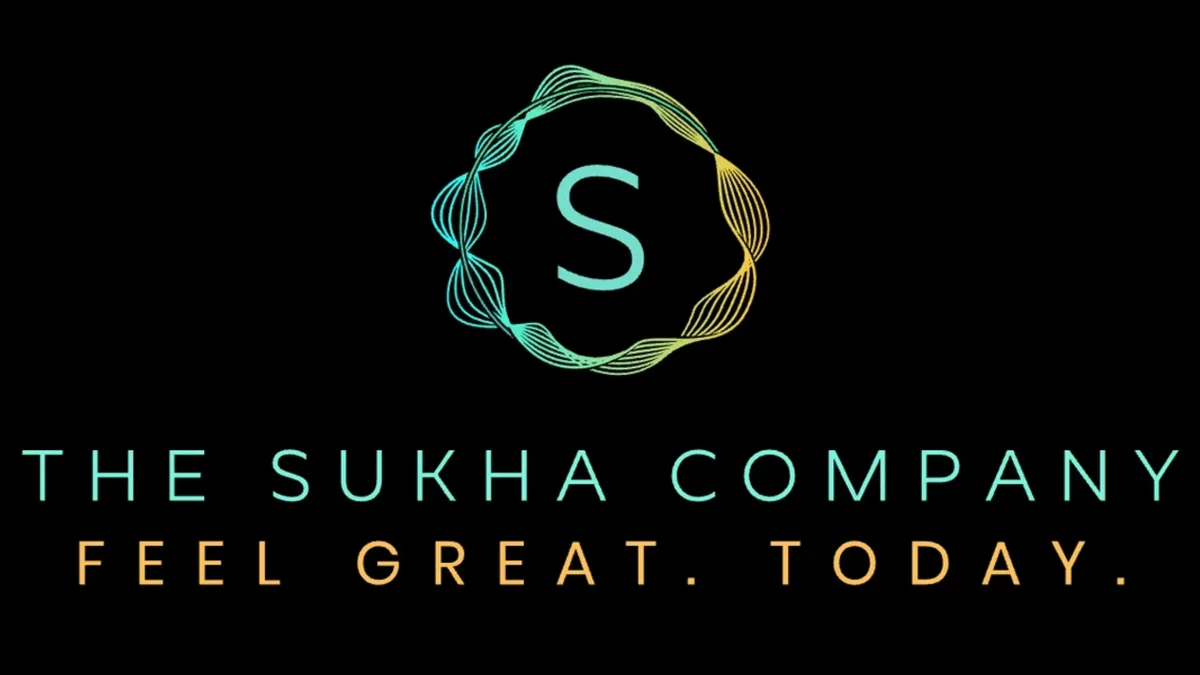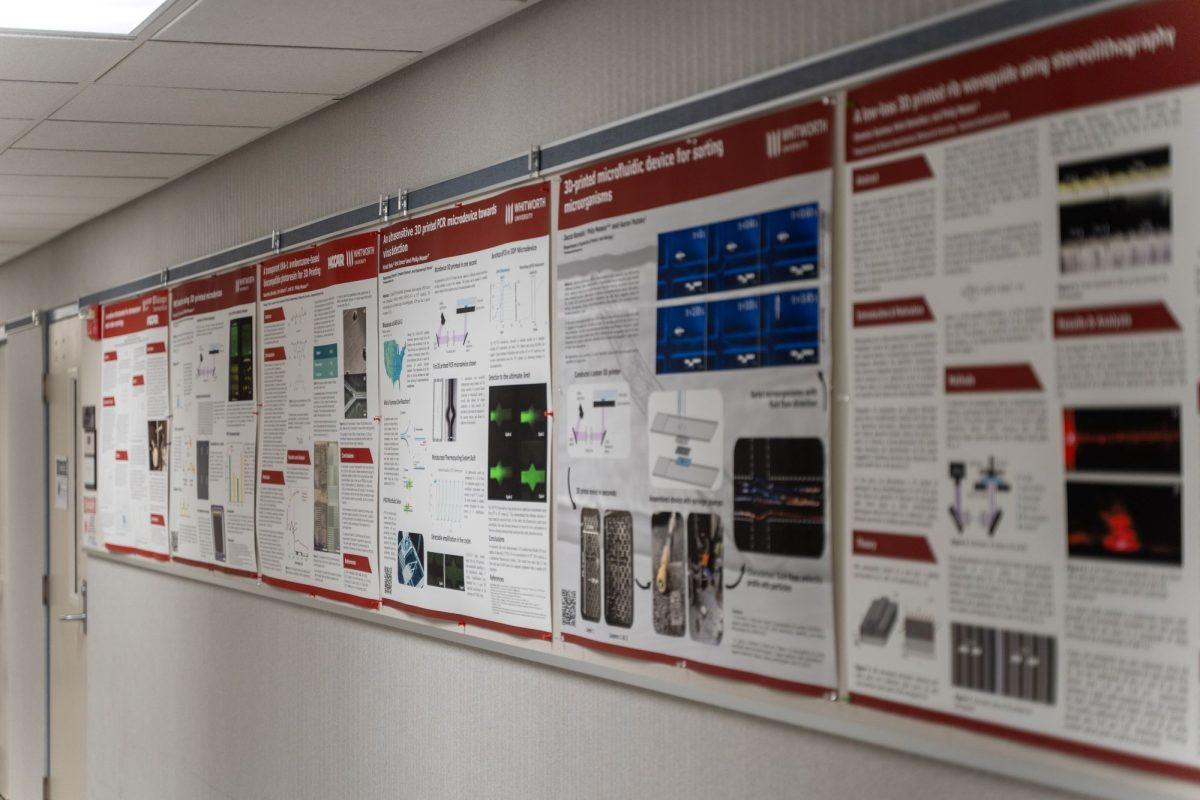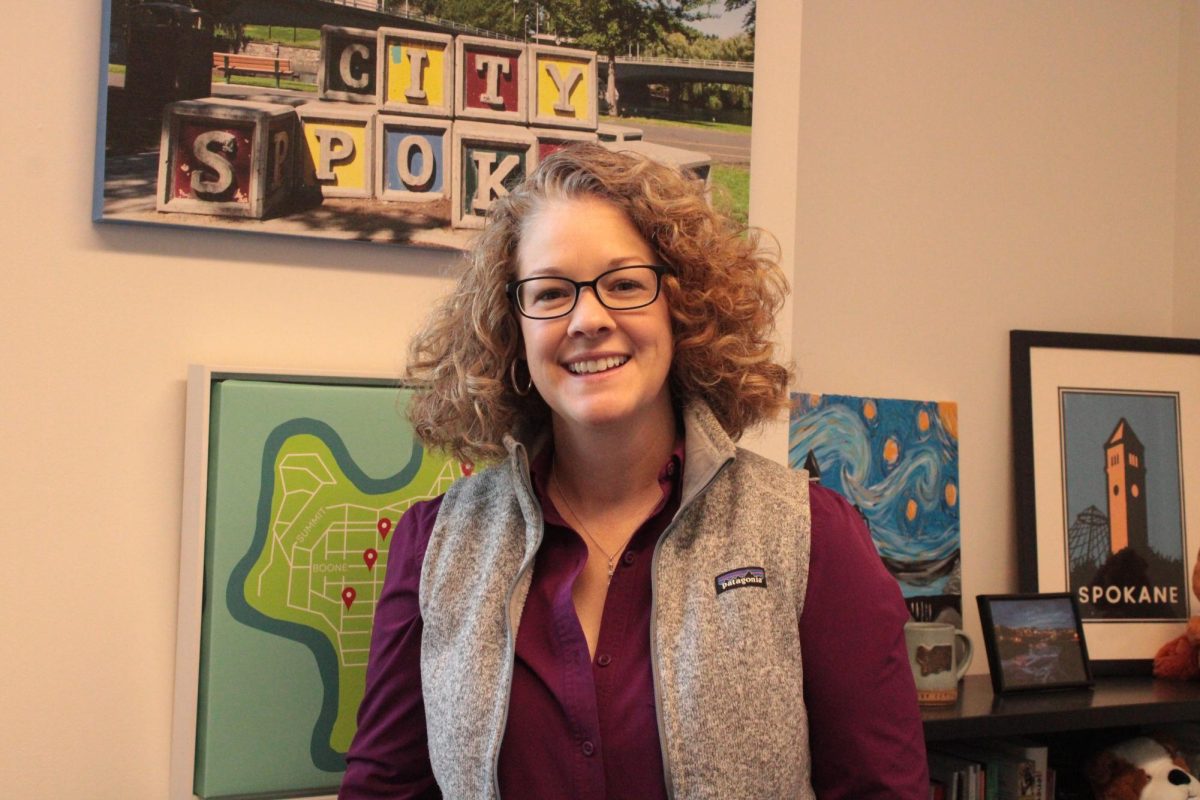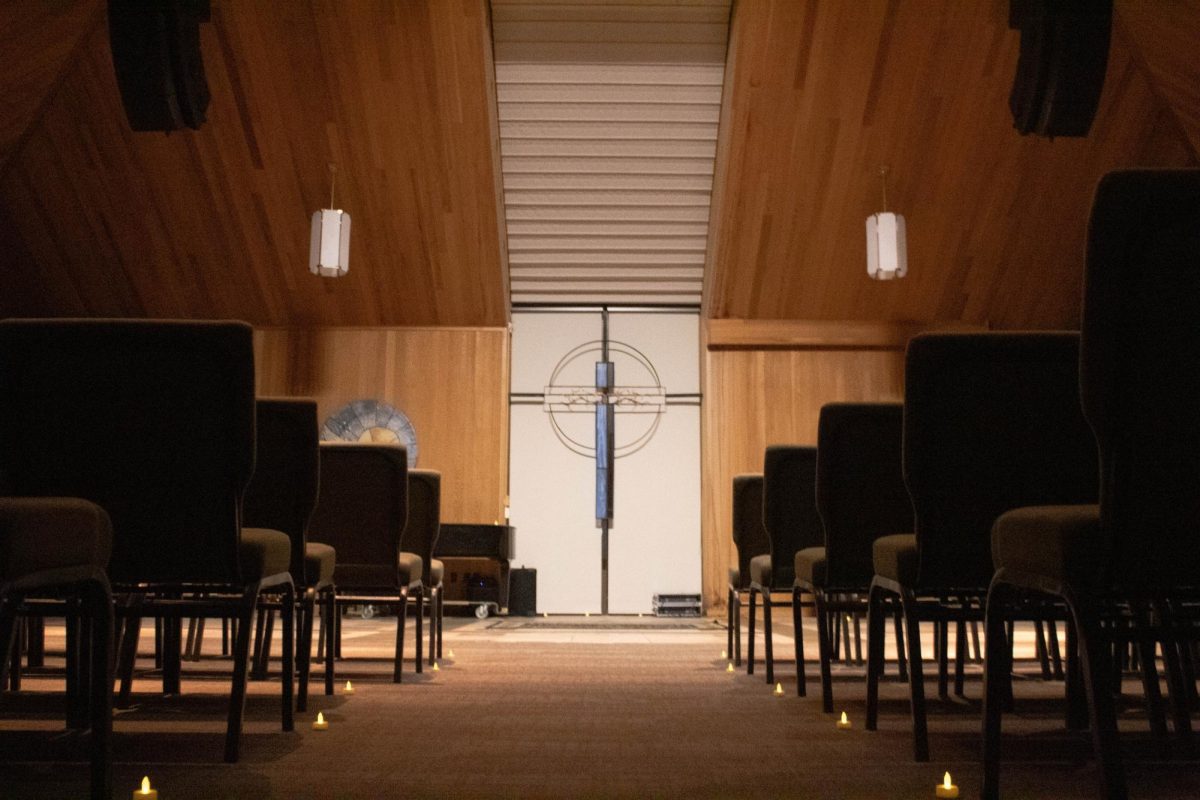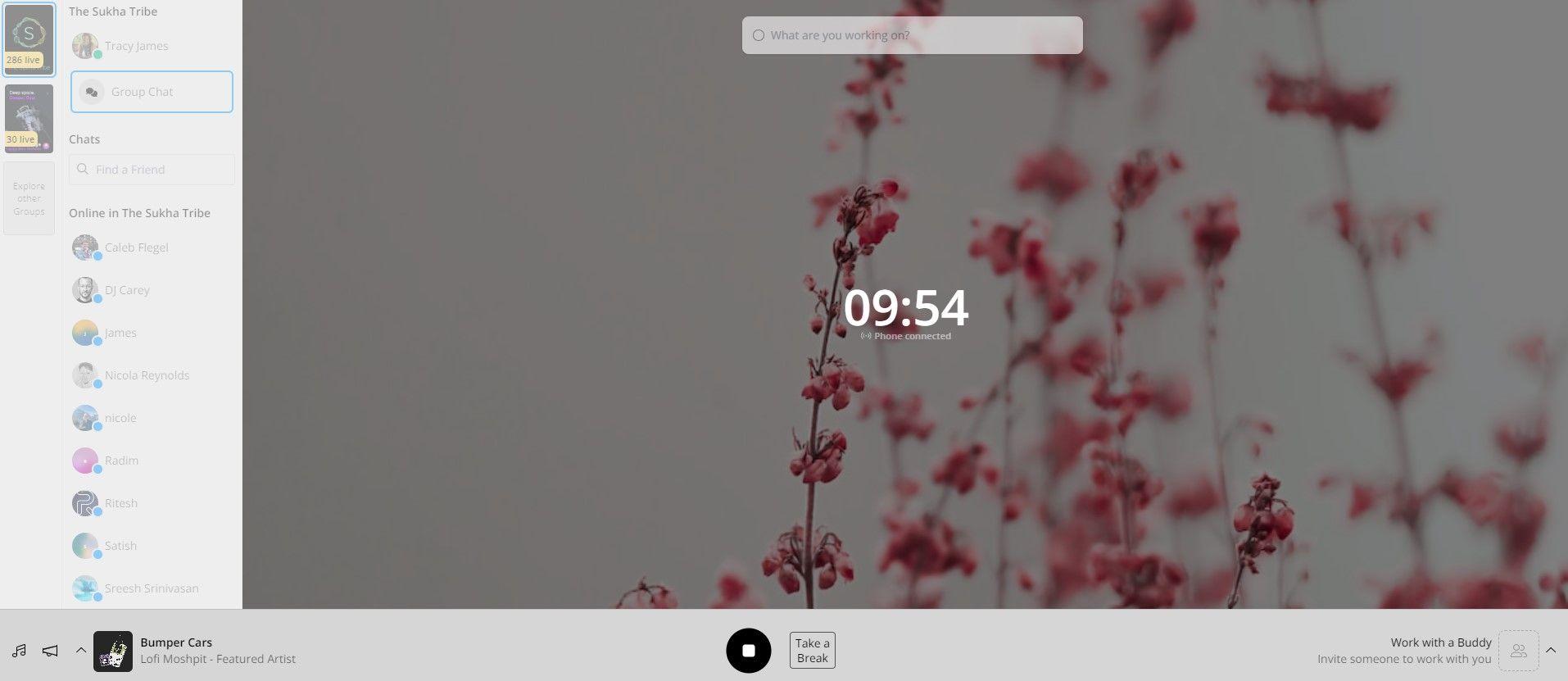
For the 2023–24 academic year, The Sukha Company is offering 500 Whitworth University students free access to a new coaching app designed to help students stay focused on tasks and complete them in a timely manner. Whitworth’s Student Success Center (SSC) is overseeing this, and Landon Crecelius, director of Student Success, sent out an announcement via Blackboard about this new resource.
Crecelius is a Whitworth University speech communications alumnus who says he started off struggling with “various challenges academically,” especially as a first-generation college student. He remembers receiving emails from the school saying he would lose his scholarships if his GPA did not increase, but there was no support system in place to help students like him to get there. That is why he feels something like this could be so beneficial for students.
The kind of problem Crecelius faced in his academic life is the inspiration behind The Sukha Company’s creation, although it is not only for academic spaces.
The app is meant to “provide help with task management, Pomodoro timers, focus music and more to increase efficiency,” according to Crecelius’ announcement. It is especially designed for people who may have ADHD or, as Crecelius puts it, “different attention deficit challenges.”
The opportunity was brought to Crecelius by Bree Sutton, a former counselor at Whitworth University who currently works at a private counseling practice in Spokane. “At the student level, anything that helps people study and get their homework done is necessary,” said Sutton.
Coming up with an idea like this “comes from knowing your problem” and having conversations with people who share that problem to come up with a good solution, said Steven Puri, founder and CEO of The Sukha Company.
“There is an advantage to being with people who support you. There’s an advantage to being focused alone. We want to kind of combine the best of both worlds,” said Puri. That goal works well within what the SSC stands for, which is why Crecelius is so excited about this opportunity.
The Sukha Company operates through coaches, some of whom have ADHD or work with people who have ADHD. These coaches sign up, reach out to Puri, and then go through an interview process wherein Puri will decide whether or not they are a good fit for the company. Then they spend about an hour or two recording different pre-determined phrases for the AI to run at all times. New users sign up for a general group that all users are in and can also select more individualized rooms that vary in coaching style for each coach. Every user can find what is best for them.
“It’s not coaching as in ‘I’m going to help you change your life.’ It’s coaching as in ‘it would be if I am here making notes and you sat there writing this paper. I would have the accountability of sitting with her together and not talking. We could focus, and that’s sort of how the coaching works in this app,” said Sutton.
Due to her work, she is “sort of always looking for tools that [she] can give [her] clients to help with focus and to reduce their anxiety to be productive,” said Sutton. When Puri told her about this project, she tried it out herself and “really liked it,” so she passed it on to her clients.
Whitworth “has been really so positive about it, and the amount that they’re willing to promote it [has] been really great!” said Sutton.
The SSC’s goal is “trying to come alongside students, to connect them to resources, help them succeed and thrive, whether that’s with academic support or [pirate program success coaching],” said Crecelius. SSC has already been proven to increase student GPAs substantially when resources like success coaches are used, and this app is one more way to further that goal, especially as Crecelius says the number of BIPOC and first-generation college students at Whitworth is currently rising.
Sutton could see it working well as “a tool that helps with productivity,” which is especially important for students because she has “a pretty good understanding of what it is that brings people into counseling at the university,” said Sutton.
Along with this, “students are going through a lot; they’re just so busy. Anything, any tangible tool that can be helpful for them is great. This is something they could just have on their phone or their computer,” said Sutton. The app even has the ability to silence all phone notifications if the user wants that.
This deal is “a win-win,” said Sutton. “[Puri] gets data that he can use. I’m fairly certain that he’s going to find that it’s as helpful [to] the general public with the university students. I think it’ll be a positive case study for his company.”
In Crecelius’ mind, since it only takes six weeks to build a habit, and this is available for a full year, it could set students up for success for the rest of their lives, especially with a department like Student Success offering anything from access to 50 schools worth of tutors, to success coaching to this new app. While the app is being advertised most specifically to students already connected to Education Support Services (ESS) or SSC, it is available to anyone who signs up.
Currently, there are only around 50 Whitworth students signed up for this opportunity, and Crecelius hopes that it will gain more traction with time. Those who have used The Sukha Company’s app have allowed the company to gain data on how effective it is, and they have found many positive results.
Sutton and Puri can both see The Sukha Company’s app being passed on to other universities if all goes well in this trial. For more information, students can email the Student Success Center at studentsuccess@whitworth.edu.

